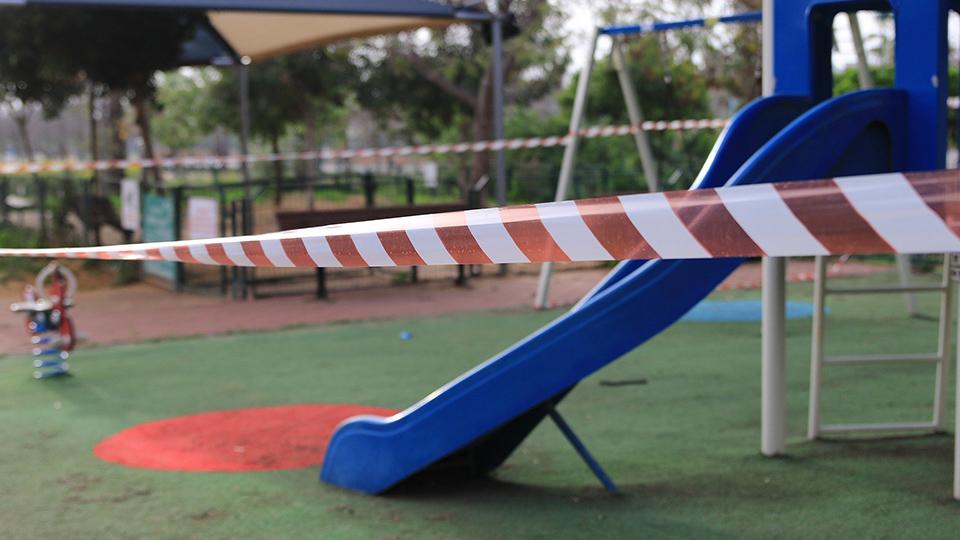Model shows factors influencing social distancing success
Primary page content
Delaying the implementation of social distancing measures by just a few days can double the number of people likely to be infected with Covid-19, a new mathematical model co-developed by Goldsmiths, University of London suggests.

This is one of the findings from modelling by Goldsmiths’ Giorgos Galanis and colleagues at the University of Oxford and University of Technology Sydney, which focuses on the important role of individuals’ decision-making in the success of social distancing during the Covid-19 pandemic.
Their analysis reveals that early mild measures seem to be, in general, more effective than later harsher policies. The timing of policy interventions significantly impacts on the cumulative number of cases, its evolution over time, and the total time required for the contagion to die out.
The choices individuals make when faced with social distancing measures, the timing of interventions, and uncertainties around information are the key factors in determining how successful such measures will be, according to the study.
When modelling behaviour, the researchers assumed that individual decisions are based on an imperfect set of information, which is limited to data about confirmed cases of covid-19. Decisions about social distancing were modelled as a binary choice: to do it or not do it.
The research suggests that giving the public accurate information on the extent of the pandemic, for instance through mass-testing of the population, is vital. This information influences people’s decision making in two ways: directly, by leading confirmed cases to self-isolate, and indirectly, by affecting the public perception of the probability of getting infected and therefore the attitude towards social distancing.
As the choices individuals make play such a decisive role in the evolution of the total number of people infected, and the shape of the curve of daily confirmed cases, the team conclude that individual decision making behaviour should be taken into account when formulating policy around imposing or lifting social distancing restrictions.
‘Social distancing and contagion in a discrete choice model of COVID-19’ by Giorgos Baskozos (University of Oxford), Giorgos Galanis (Goldsmiths, University of London) and Corrado Di Guilmi (University of Technology Sydney) was published as part of the University of Warwick CRETA Discussion Paper Series on 13 April 2020.